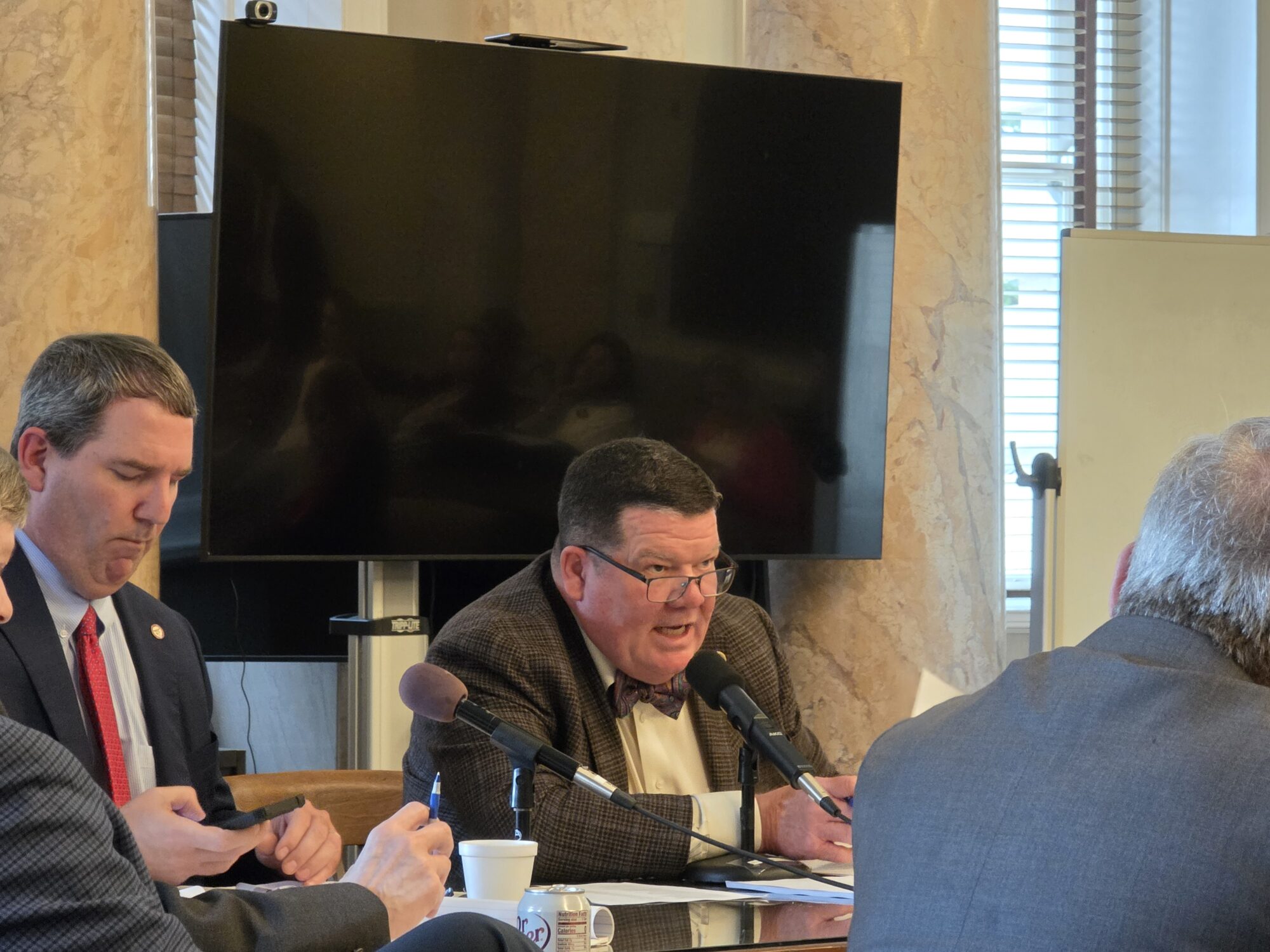States like Mississippi that have used federal funding for a special children’s health insurance program have suffered under flaws in the funding formula even as other states have expanded the program to cover adults.
As a result, Governor Haley Barbour told a Congressional subcommittee today, “The pool of funds available to be redistributed to states such as mine has shrunk and we are faced with significant shortfalls and much uncertainty.” He said the flawed formula has left Mississippi $50 million short in S-CHIP funding this fiscal year.
Testifying with four other governors before the Health subcommittee of the House Energy and Commerce Committee, Governor Barbour said, “I urge you to enact an S-CHIP reauthorization bill which will provide states like Mississippi the federal support necessary for us to enroll all of our eligible kids.”
In Mississippi, the Governor said, the S-CHIP program covers only children at under 200 percent of the Federal Poverty Level; for a family of four, this means an annual income of less than $42,400.
The bill Congress sent to the President last fall would not have funded Mississippi’s SCHIP program at an amount adequate to cover all children at or below 200 percent of the federal poverty level, even though it would have allowed other states to expand coverage.
“I cannot support an S-CHIP bill that shortchanges Mississippi to such a degree we cannot even provide insurance to all our children at 200% of federal poverty level, but that allows wealthy states to provide insurance under S-CHIP to children in families with an income of $85,000/year,” Governor Barbour said.
“Even with the additional money Congress proposed for S-CHIP, the proposed formula still causes serious concern for those of us charged with actually administering the program. According to the U.S. Census Bureau 2006 survey, there are 71,851 children in Mississippi under 200% of the Federal Poverty Level who are uninsured. With rare exception, all of these children likely are eligible for Medicaid or S-CHIP,” he said.
For several years, the current distribution formula has resulted in Mississippi being consistently shortchanged. Flaws in the formula have resulted in an inequitable distribution of funds and a redistribution allotment has been needed to cover costs. The current formula does not provide enough money for even half of the children in Mississippi below 200% of the federal poverty level.
On a separate topic, Governor Barbour asked the committee to focus on changing two Medicaid rules that amount to a “straight-jacket on how we can run our Medicaid program, which, if allowed to proceed, will likely result in reduced reimbursement rates for providers or reduced services for the beneficiaries.”
One rule, whose implementation has been delayed by Congress until May 2008, would change the federal definition of public hospitals in a way that negatively impacts smaller, county-owned hospitals mostly in rural areas.
The other rule would eliminate Medicaid payments for Graduate Medical Education. In the case of the University of Mississippi Medical Center, the GME program makes it possible to train 200 residents a year and it has proved to be an effective physician retention program. If a doctor does his or her residency in Mississippi, there is an 85 percent chance he or she will live and practice in Mississippi afterwards.
Having doctors in under-served rural areas is necessary for there to even be a Medicaid program, Governor Barbour said. Enacting the proposal would cost the University of Mississippi Medical Center $15 million in FY 09 and would threaten future access to care
Governor Haley Barbour
2/26/8







